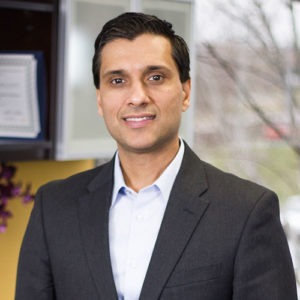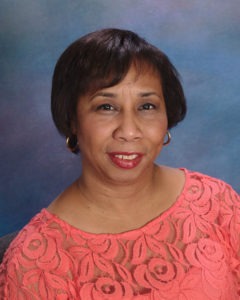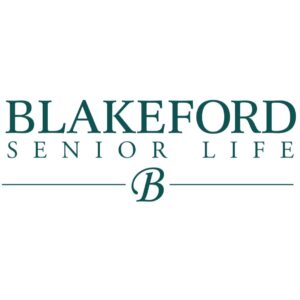Elder abuse focus of new government effort
The U.S. Department of Justice (DOJ) and the Department of Health and Human Services (HHS) have announced an Elder Justice Roadmap "for tackling the highest priority challenges to elder abuse prevention and prosecution." The framework reflects the knowledge and perspectives of hundreds of experts in the field and will be considered by the Administration on Aging's Elder Justice Coordinating Council and others in developing their own strategic plans to prevent and combat elder abuse.
“Elder abuse is a problem that has gone on too long, but the Roadmap Report released today can change this trajectory by offering comprehensive and concrete action items for all of the stakeholders dedicated to combating the multi-faceted dimensions of elder abuse and financial exploitation,” Associate Attorney General Tony West said yesterday when the effort was announced.
HHS is developing a voluntary national adult protective services (APS) data system to help identify and address gaps about the number and characteristics of adults who are the victims of maltreatment and the nature of services that are provided by APS agencies to protect vulnerable adults. In addition, officials hope the data will inform the development of improved, more targeted policy and programmatic interventions.
The DOJ has developed an interactive, online curriculum to teach legal aid and other civil attorneys to identify and respond to elder abuse. The first three modules of the training cover what lawyers should know about elder abuse as well as practical and ethical strategies to use when facing challenges in this area. The effort also includes a primer on domestic violence and sexual assault. This training will expand to include six one-hour modules covering issues relevant to attorneys who may encounter elder abuse victims in the course of their practices.
Private stakeholders are participating as well. The Archstone Foundation, for example, has funded a project at the Keck School of Medicine at the University of Southern California to develop a national training initiative, whereas other funders, such as the Weinberg Foundation, have begun to consider inquiries and projects outlined in the roadmap. Likewise, the Brookdale Center for Healthy Aging at Hunter College, the Harry and Jeannette Weinberg Center for Elder Abuse Prevention at the Hebrew Home at Riverdale and the New York City Elder Abuse Center will co-sponsor a September symposium focusing on innovations and challenges related to elder abuse multidisciplinary teams, a priority area identified in the document.
“While federal and state governments certainly have critical roles to play, the battle against elder abuse can only be won with grassroots action at the community and individual level,” said Kathy Greenlee, HHS assistant secretary for aging and administrator of the Administration for Community Living.Greenlee. “Turning the tide against elder abuse requires much greater public commitment, so every American will recognize elder abuse when they see it and know what to do if they encounter it.”
The government suggests two steps individuals and others can take regarding elder abuse:
- Learn the signs. The National Center on Elder Abuse, a program of the Administration on Aging at ACL, has developed a Red Flags of Abuse Factsheet (PDF) that lists the signs of and risk factors for abuse and neglect.
- Report it when you see it. Phone numbers for state or local adult protective services agencies can be found at the National Center for Elder Abuse website, or call 800-677-1116.
Related content: The shock of elder abuse in assisted living
I Advance Senior Care is the industry-leading source for practical, in-depth, business-building, and resident care information for owners, executives, administrators, and directors of nursing at assisted living communities, skilled nursing facilities, post-acute facilities, and continuing care retirement communities. The I Advance Senior Care editorial team and industry experts provide market analysis, strategic direction, policy commentary, clinical best-practices, business management, and technology breakthroughs.
I Advance Senior Care is part of the Institute for the Advancement of Senior Care and published by Plain-English Health Care.
Related Articles
Topics: Executive Leadership , Medicare/Medicaid , Regulatory Compliance










